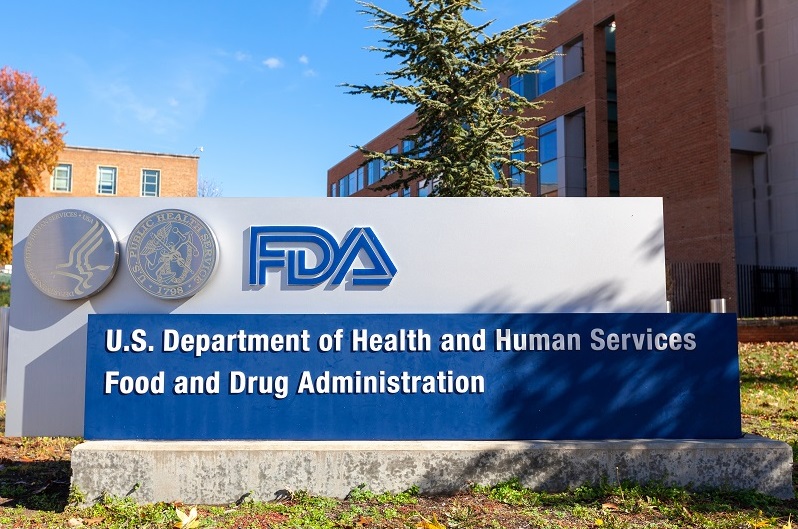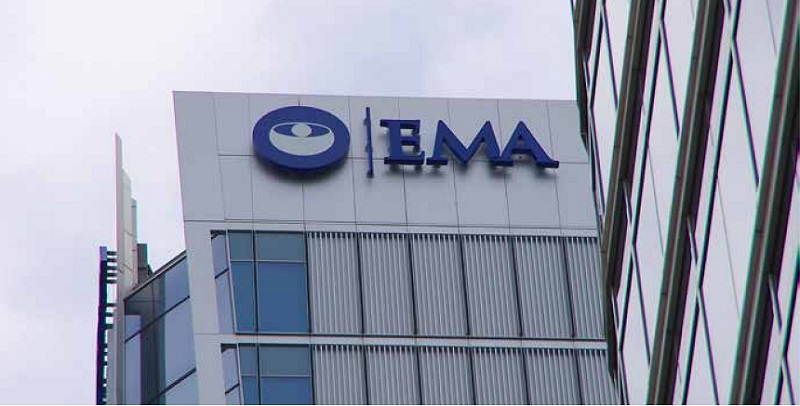Q1 2021: a good pace for FDA and EMA's approvals

In the first three months of 2021, 15 new drugs were approved by the FDA. This result beats the 12 approvals recorded last year and far exceeds the 7 approvals in Q1 2019. Nevertheless none of the most-anticipated drug approvals in 2021 occurred during the period. One of the most-watched decisions, Alzheimer's candidate aducanumab from Biogen and Eisai, was delayed to June by the FDA.
Among the 15 new drugs, in February the FDA approved the first treatment that blocks the function of angiopoietin-like 3 (ANGPTL3), a protein that plays a key role in lipid metabolism. Regeneron's Evkeeza (evinacumab-dgnb) is an adjunct to other low-density lipoprotein cholesterol (LDL-C) lowering therapies to treat adult and pediatric patients aged 12 years and older with homozygous familial hypercholesterolemia (HoFH). Homozygous familial hypercholesterolemia (HoFH) is an ultra-rare inherited condition that affects approximately 1,300 patients in the U.S. and is characterized by extremely high low-density lipoprotein cholesterol (LDL-C).
During the first weeks of 2021, the FDA approved four new medicines: a heart failure drug (Verquvo ,vericiguat) , a cancer cell therapy (Tepmelko, tepotinib) , a treatment against lupus nephritis (Lupkynis, voclosporin) and the last one against HIV (Cabenuva, cabotegravir and rilpivirine). January 19, the FDA approved MSD and Bayer Verquvo (vericiguat) for use in people whose hearts have weakened to the point where they can pump no more than 45% of the blood in the left ventricle, compared to 55% or more in a healthy heart. A pivotal trial showed that, when added to normal treatment for recently hospitalized patients, vericiguat can reduce the risk of another hospitalization or death by 10%. January 21, the FDA approved Cabenuva (cabotegravir and rilpivirine), the first injectable, complete regimen for HIV-infected adults that is administered once a month.
In March, the FDA approved Ponvory (ponesimod) , indicated for the treatment of adults with relapsing forms of multiple sclerosis (MS), to include clinically isolated syndrome, relapsing-remitting disease and active secondary progressive disease. Ponvory, developed by Janssen Pharmaceuticals is a once-daily oral selective sphingosine-1-phosphate receptor 1 (S1P1) modulator. In Europe, in March, the CHMP also adopted a positive opinion for this product.
In oncology, the FDA approved several new drugs during the first three months of 2021. In February, it cleared Pepaxto (melphalan flufenamide) from Oncopeptides AB, an anticancer peptide-drug conjugate indicated for use in combination with dexamethasone for the treatment of adult patients with relapsed or refractory multiple myeloma. Still in February, Juno Therapeutics (Bristol-Myers Squibb group) got the nod for Breyanzi (lisocabtagene maraleucel) , a chimeric antigen receptor (CAR) T-cell therapy for the treatment of adult patients with relapsed or refractory large B-cell lymphoma (LBCL). It is the third gene therapy approved by the FDA for certain types of non-Hodgkin lymphoma. In March, the FDA approved Abecma (idecabtagene vicleucel) , a B-cell maturation antigen (BCMA)-directed genetically modified autologous chimeric antigen receptor (CAR) T cell immunotherapy developed by Bristol-Myers Squibb. It is indicated for the treatment of adult patients with relapsed or refractory multiple myeloma after four or more prior lines of therapy.

26 approvals in Europe
In Europe, during the first three months of 2021, the EMA approved 26 new drugs. In the field of Covid-19, in January, the EMA's human medicines committee (CHMP) recommended granting a conditional marketing authorisation for AstraZeneca vaccine (Covid-19 Vaccine ChAdOx1-S [recombinant]) to prevent the disease in people from 18 years of age. It was the third Covid-19 vaccine that EMA has recommended for authorisation.
The Committee also completed its review on the use of the monoclonal antibodies casirivimab and imdevimab developed by Regeneron, to treat patients with Covid-19. The Agency concluded that the combination also known as REGN-COV2 can be used for the treatment of confirmed Covid-19 in patients who do not require supplemental oxygen and who are at high risk of progressing to severe Covid-19.
In February, the Committee recommended granting a marketing authorisation for Evrysdi (risdiplam) , the first treatment that can be given orally to patients with certain types of spinal muscular atrophy. Roche's Evrysdi was reviewed under EMA's accelerated assessment programme. The drug, is the first and only SMA treatment to be approved for at-home use and is indicated for SMA type 1, type 2, or type 3 patients with one to four SMN2 copies.
Still in the field of Covid-19, the EMA started a 'rolling review' of data on the monoclonal antibody regdanvimab (also known as CT-P59) , which is being developed by Celltrion. The decision was based on preliminary results from an ongoing study looking at the ability of the medicine to treat the pandemic. In March, the CHMP gave a recommendation to define conditions of use for the monoclonal antibody regdanvimab (also known as CT-P59). It provided a harmonised scientific opinion at EU level to support national decision making on the possible use of this antibody to treat confirmed COVID-19 in patients who do not require supplemental oxygen therapy and who are at high risk of progressing to severe COVID-19.
In oncology, in January, the Committee granted a conditional marketing authorisation for Nexpovio (selinexor) for the treatment of relapsed and refractory multiple myeloma. The drug is developed by Karyopharm Europe GmbH. In March, the EMA also recommended granting a marketing authorisation for Copiktra (duvelisib) for the treatment of adults with relapsed or refractory chronic lymphocytic leukaemia (CLL) or refractory follicular lymphoma (FL). The product is developed by Verastem Europe GmbH.
During the period, the Committee gave four positive opinions to biosimilar medicines: Alymsys (bevacizumab), Oyavas (bevacizumab), Abevmy (bevacizumab) and Lextemy (bevacizumab), for the treatment of carcinoma of the colon or rectum, breast cancer, non-small cell lung cancer, renal cell cancer, epithelial ovarian, fallopian tube or primary peritoneal cancer, and carcinoma of the cervix.
RELATED New steps on the road against Covid-19 pandemic
